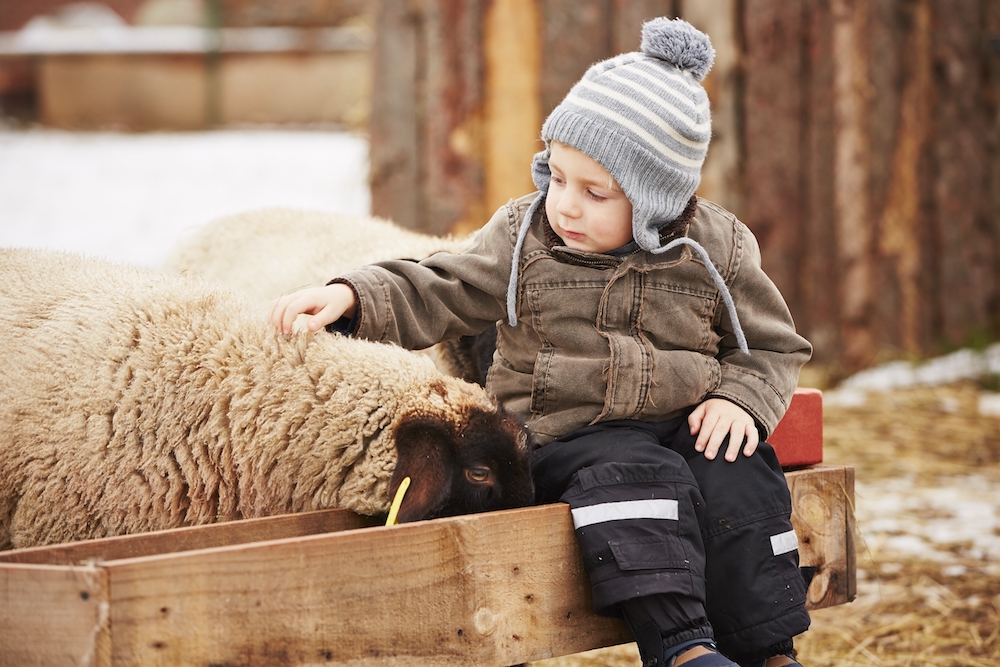I’m frequently left aghast at how little some people understand or want to understand about our farming industry.
You may ask why we should bother communicating what we do or why we do it to society, but if our consumers understand us better, they’ll continue to buy our produce; if we do a really good job, we can change their buying behaviour propelling them to pay more for our foods, like with Fairtrade.
If something goes wrong – such as a bird flu outbreak – society’s goodwill towards us should help us weather the storm. And, as we face Brexit, I’m certain that coordinated and sustained communication will ensure a fair crack at achieving committed political support, as other sectors also fight for their share of the public purse.
Compelling countryside and food stories add value to our supply chain partnerships and for those with diversified enterprises, communication is even more crucial, because it directly sells your business. With strong stories, we can change hearts, minds and even perceptions.
Currently farming is actively communicated by a host of people outside our industry, some of it – such as celebrity chefs and retailers – has been really positive, and in the main, been constructive in contributing to our public image.
But these aren’t stories we’ve curated ourselves and some of them paint a rose-tinted insight that don’t tackle the impact of the cheap food culture on production systems and, in turn, on the environment and animal welfare.
Some Scottish farming stories are very positive, like our world-class beef, some are uncomfortable, like fallen stock and animal slaughter and some are downright difficult, like GM and crop spraying. But we shouldn’t shy away from telling our stories, and engaging society in them so they can make informed choices.
We may all think we are too busy, or that it’s beyond the job spec, but we all have a positive part to play, however small.
It can be as simple as talking to someone on the train or in a shop – people remember stories, much more than they remember facts, and it might be something that makes them smile – nesting birds, a happy lambing story, healthy soil. It could be that you engage with school children through RHET or you become a leading commentator on social media through regular and illustrative updates like Rock & Roll Farming (@willpenrievans), Jack Freestone (@no1farmerjake) or James Rebanks (@herdyshepherd). Your next diversification may be a book deal!
Don’t just preach to the converted, and while you don’t have to convince the extremes, talk to the undecided or as yet unaware. Curate the story you want to tell, and enjoy telling it in whatever medium. The viewing figures for This Farming Life and Countryfile show we have a willing audience who want to learn more, so don’t be shy.
Watch the video below to see Jane’s top stages and rural of communication engagement, and how you can make the best of social media.

